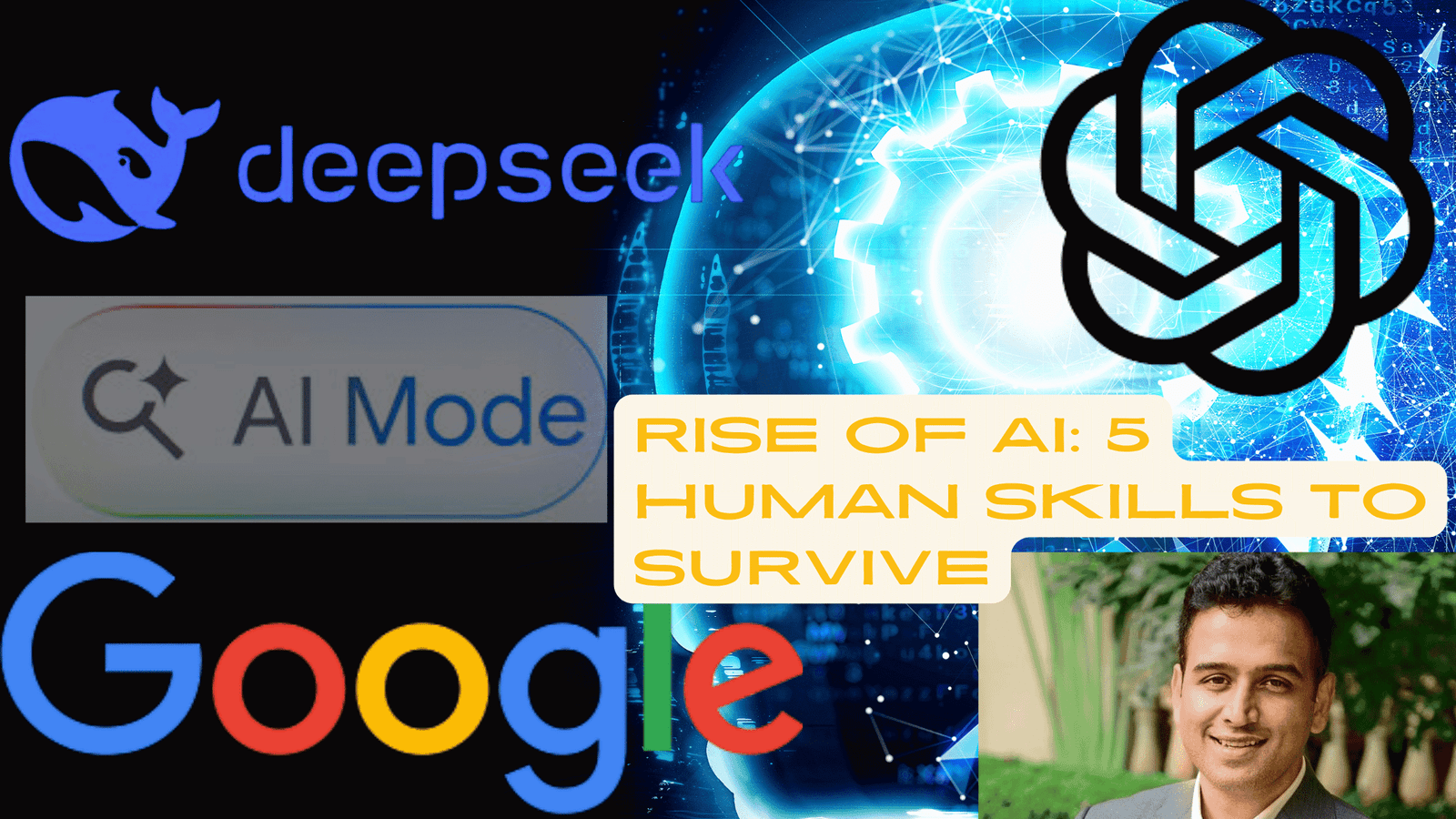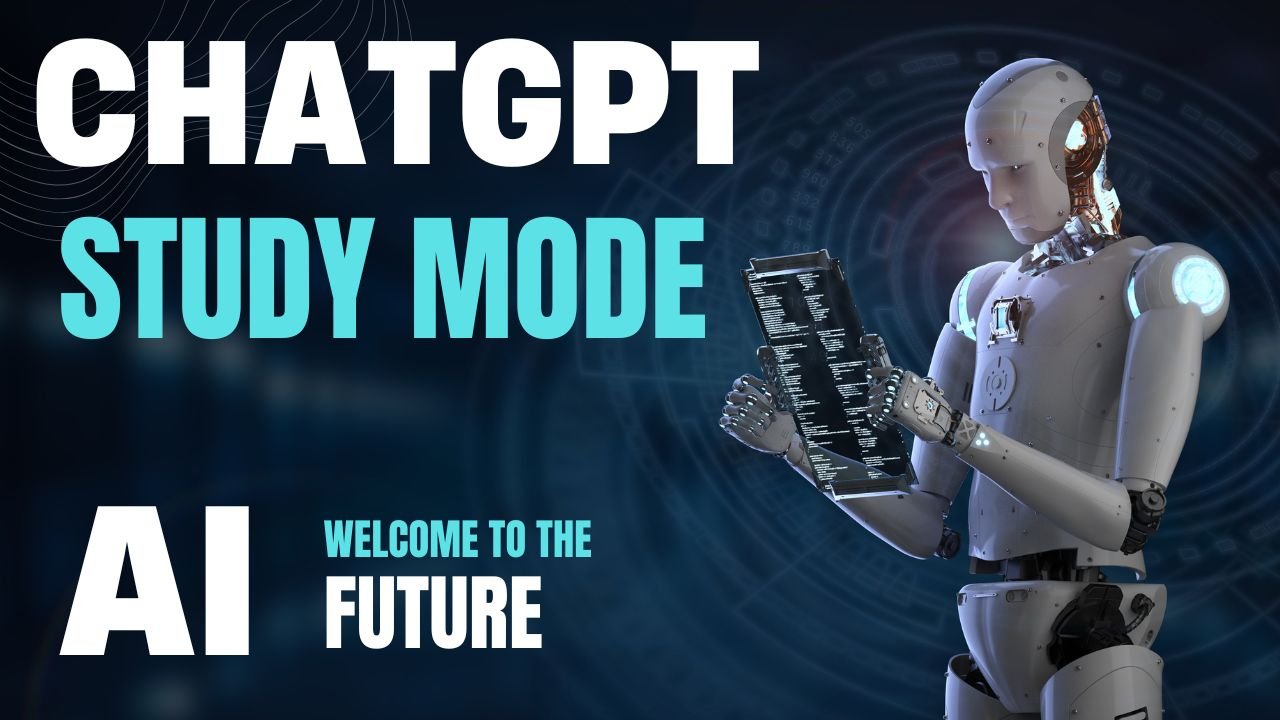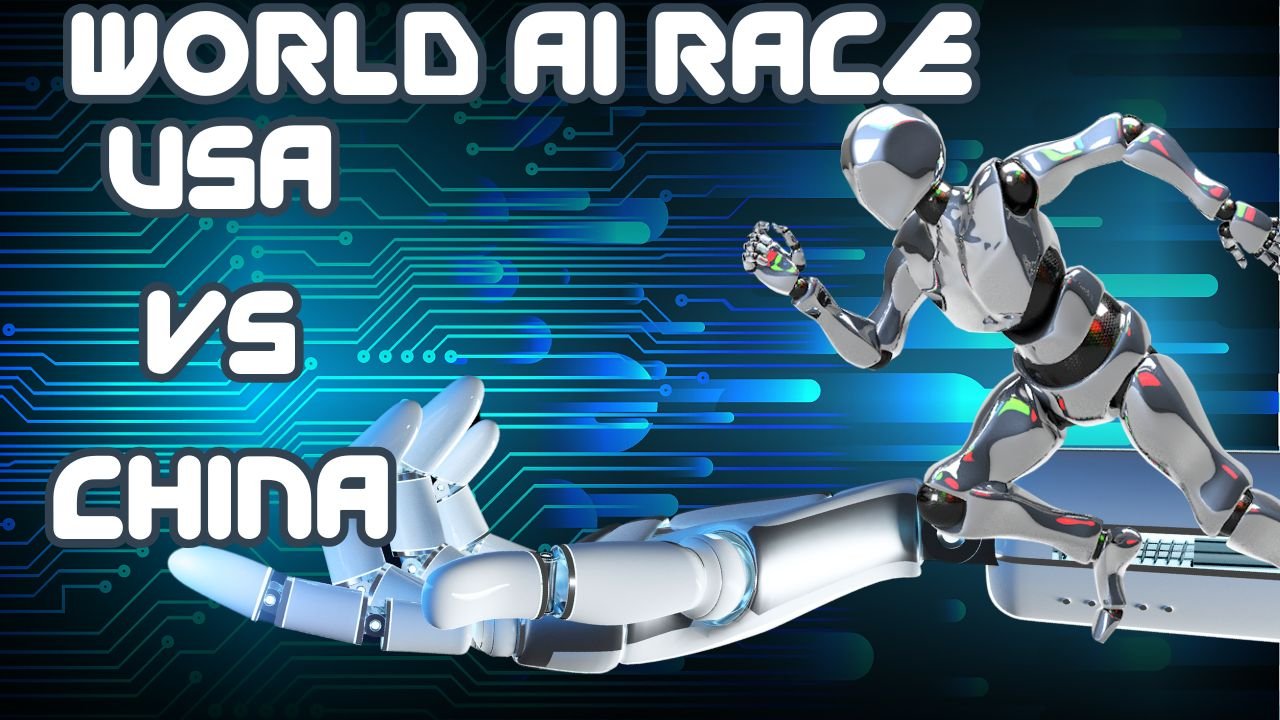Beyond the Degree: 5 Human Skills to Survive in the AI Job Market
Forget what you knew about career security. Zerodha co-founder Nikhil Kamath recently declared, “The days of 4-year college courses are over. Lifelong learning is the new norm, for everyone”. This sparks warning, based on the World Economic Forum’s Future of Jobs Report 2025, highlights a brutal reality: 92 million jobs will vanish by 2030, replaced by 170 million new roles – but only for those who adapt.

While Kamath rightly emphasizes continuous learning as the entry ticket, Stanford expert Robert E. Siegel argues this is just the first step. Surviving the AI takeover demands deeper, uniquely human capabilities. Here are the 5 essential skills you need to future-proof your career:
1. Lifelong Learning: Your New Baseline (But Not Enough Alone)
-
Why it matters: 39% of core job skills today will be obsolete by 2030. Technology will handle 34% of all workplace tasks (up from 22%) 1812. Static knowledge from a degree decays rapidly.
-
What it means: Commit to constantly updating your skills – online courses, workshops, reading, experimenting with new tools (like AI platforms).
-
Kamath’s Warning: Relying solely on what you learned years ago is a recipe for irrelevance. “If you wish to be irreplaceable, upskill” .
-
Siegel’s Insight: This is the essential foundation, but true adaptability requires more than just acquiring new technical skills.
2. Lead with Empathy: The “Iron Fist in a Soft Glove”
-
Why it matters: As machines master logic and data, emotional intelligence (EQ) becomes your superpower. AI can’t genuinely connect, inspire, or understand human nuance.
-
What it means: Develop deep self-awareness and the ability to understand others’ emotions. Practice active listening, giving constructive feedback with kindness, and resolving conflicts.
-
Siegel’s Example: Leaders like Kathy Mazzarella (Graybar) excel by starting tough conversations with empathy – holding people accountable while showing care (“iron fist in a soft glove”).
-
The Data: Demand for social and emotional skills is projected to surge by 26% in the US and 22% in Europe .
3. Think in Ecosystems: See the Bigger Picture
-
Why it matters: Jobs and problems are increasingly interconnected. Focusing only on your narrow task silo leads to missed opportunities and unforeseen conflicts.
-
What it means: Understand how your role, team, company, industry, and external factors (society, environment, tech trends) connect and influence each other. Consider the wider impact of decisions.
-
Siegel’s Strategy: Use tools like “influence maps” to visualize these connections and dependencies. Learn from leaders like Seth Bodnar (University of Montana) who navigate complex stakeholder landscapes.
-
Future-Proof: Roles requiring systems thinking (environmental stewardship, managing cross-functional teams) are among the top growing skills.
4. Build Deep Relationships: Your Network is Your Net Worth
-
Why it matters: Algorithms manage information, but they can’t build genuine trust, loyalty, or collaborative spirit. Human connection fuels insight and resilience .
-
What it means: Invest time in building authentic relationships – internally across departments and externally across industries. Seek diverse perspectives. Mentorship (both giving and receiving) is crucial.
-
Siegel’s View: Strong networks provide invaluable insights (e.g., frontline workers spotting operational issues, peers identifying blind spots) and support during disruption.
-
Kamath’s Angle: Even as machines get smarter, “trust, meaning, or real connection” remain irreplaceably human.
5. Embrace the Disruptor Mentality: Fall Out of Love with the Status Quo
-
Why it matters: 41% of employers will eliminate roles that can’t adapt to tech. Clinging to “how we’ve always done it” is dangerous.
-
What it means: Actively seek change and innovation. Challenge assumptions. Be comfortable with ambiguity and experimentation. View disruption as an opportunity, not just a threat.
-
Siegel’s Mantra: Adopt the mindset of Best Buy CEO Corie Barry: “You can’t fall in love with how you do business today” .
-
The Urgency: Siegel argues the fear of change is a bigger risk than change itself. Proactive adaptation is key.

The Future Jobs Landscape: Where Humans Will Thrive
Table 1: Jobs on the Rise vs. Jobs Declining (WEF 2025 Report)
| Growing Roles (Demand Increasing) | Declining Roles (Demand Falling) |
|---|---|
| Frontline & Care Economy: Farmworkers (sustainable ag), Delivery Drivers, Construction Workers, Nurses, Social Workers, Personal Care Aides | Clerical/Secretarial: Cashiers, Ticket Clerks, Administrative Assistants, Bank Tellers |
| Technology: AI/ML Specialists, Big Data Experts, Fintech Engineers, Software Developers, Cybersecurity Analysts | Data Entry: Postal Service Clerks, Data Entry Clerks |
| Green Economy: Renewable Energy Engineers, EV Specialists, Environmental Engineers | Routine Manual: Roles heavily reliant on predictable physical tasks |
Beyond the Skills: A Mindset Revolution
Kamath and Siegel agree: The college degree alone is no longer a safety net. The WEF reports 59% of the global workforce needs significant reskilling by 2030. Success hinges on a fundamental mindset shift:
-
From Fixed to Growth: Believe abilities can be developed, not set in stone.
-
From Specialist to Adaptor: Be prepared to pivot across roles and industries.
-
From Know-It-All to Learn-It-All: Cultivate relentless curiosity.
The Bottom Line
Nikhil Kamath sounded the alarm: lifelong learning is non-negotiable for survival in the AI era. Robert Siegel provides the roadmap: combine continuous learning with deep empathy, systems thinking, authentic relationships, and a disruptor’s mindset to not just survive, but lead. The future belongs to those who leverage their irreplaceably human strengths. Start cultivating these skills today.














